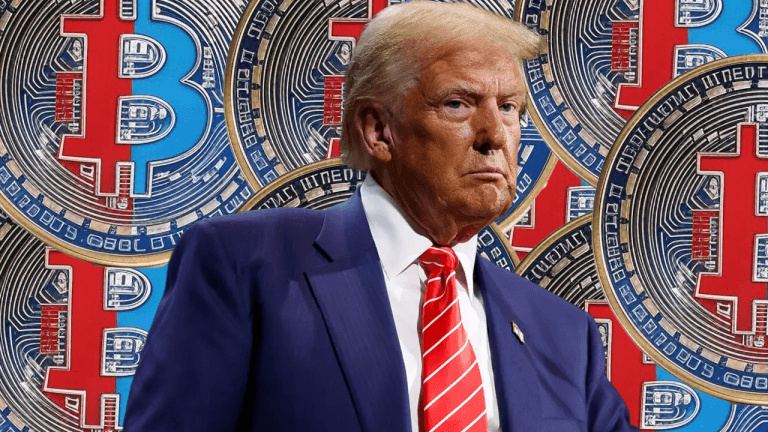
Winklevoss slams SEC charges against Gemini as a ‘super lame … manufactured parking ticket’

Tyler Winklevoss hit back at the SEC charging Gemini, calling the action “totally counterproductive” in a series of tweets.
Tyler Winklevoss, the co-founder of cryptocurrency exchange Gemini, has hit out at the regulator charging the exchange over issuing unregistered securities, calling the allegations “super lame” and a “manufactured parking ticket.”
In a series of tweets on Jan. 12, Winklevoss shared his disappointment about the charges by the Securities and Exchange Commission (SEC) over Gemini’s “Earn” program, claiming the regulator was “optimizing for political points.”
He called the SEC’s action “totally counterproductive” and said thatGemini had been discussing the Earn program with the regulator “for more than 17 months.”
2/ As a matter of background, the Earn program was regulated by the @NYDFS and we’ve been in discussions with the SEC about the Earn program for more than 17 months. They never raised the prospect of any enforcement action until AFTER Genesis paused withdrawals on November 16th.
— Tyler Winklevoss (@tyler) January 12, 2023
“They never raised the prospect of any enforcement action until AFTER Genesis paused withdrawals on November 16th,” Winklevoss added.

Gemini’s Earn product launched in February 2021 and officially ran until Jan. 8. A deal with the crypto lender and Digital Currency Group (DCG) subsidiary Genesis allowed Gemini users to earn yield by lending their crypto to the market-making firm.
Related: Genesis tells clients it needs more time on financial woes after Gemini demands action
In early November, Genesis revealed it had roughly $175 million stuck in the now-bankrupt FTX exchange. DCG sent $140 million to the firm in an attempt to shore up its balance sheet but by Nov. 16 Genesis suspended withdrawals, citing FTX’s bankruptcy.
Genesis owes 340,000 Gemini Earn users $900 million, according to open letters by Gemini co-founder Cameron Winklevoss.
Tyler Winklevoss stated Gemini would defend itself against the unregistered security charges and would “make sure this doesn’t distract us from the important recovery work we are doing.”
Go to Source
Author: Jesse Coghlan








